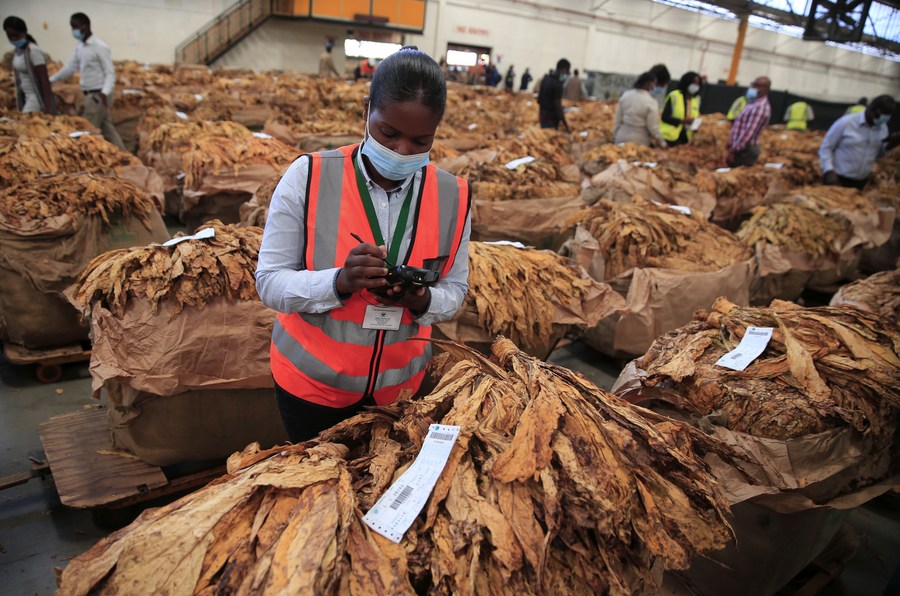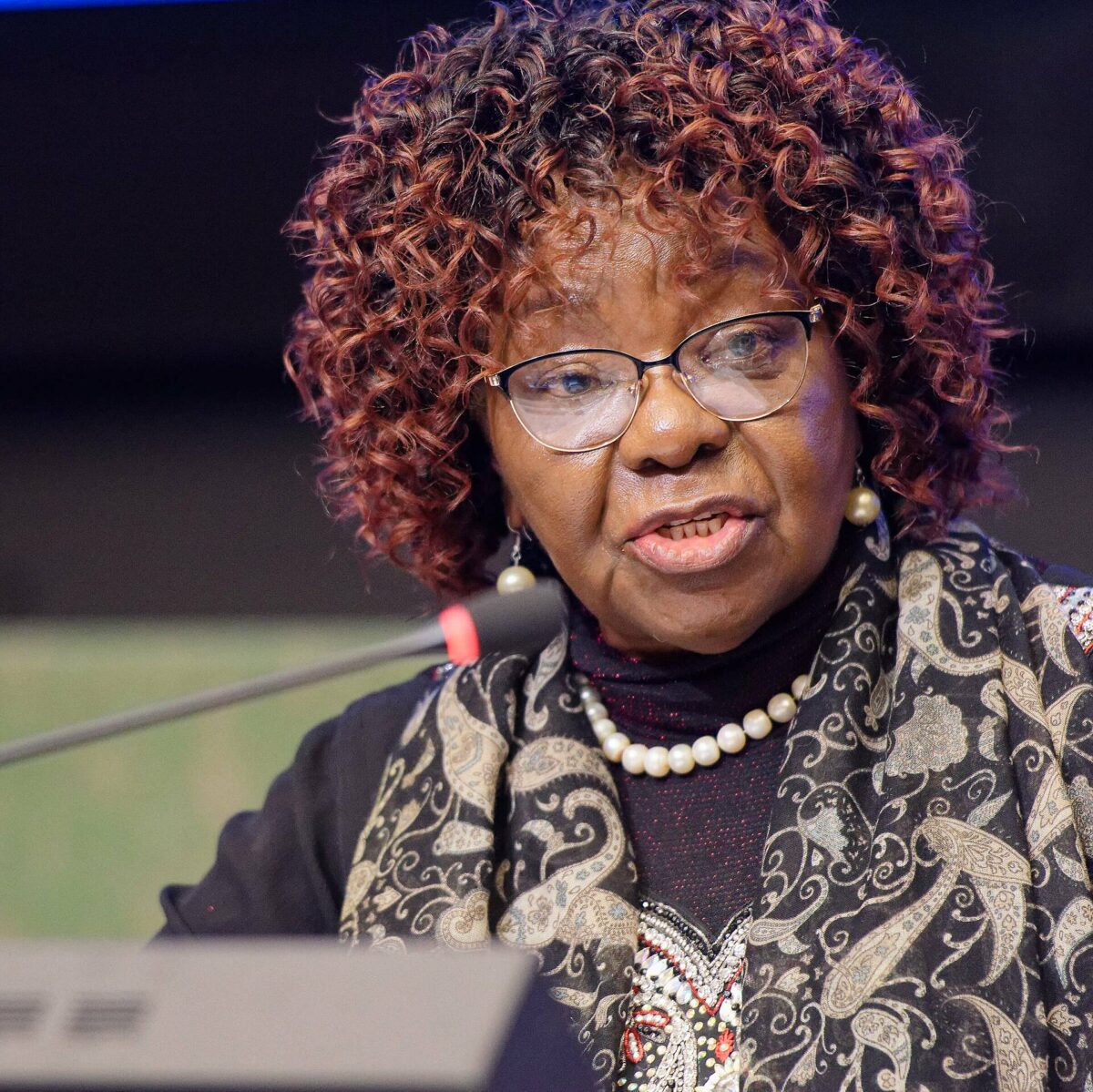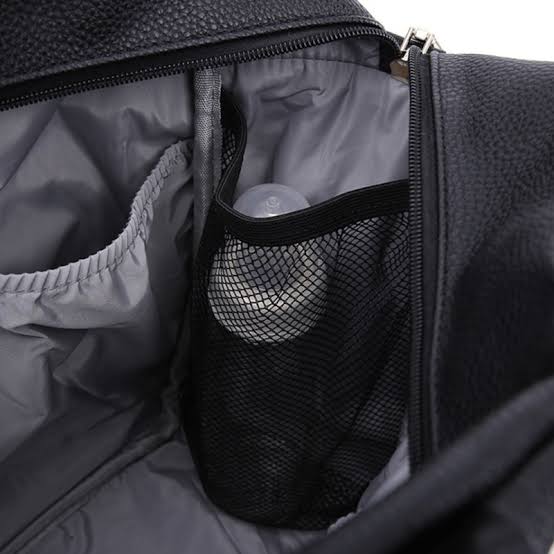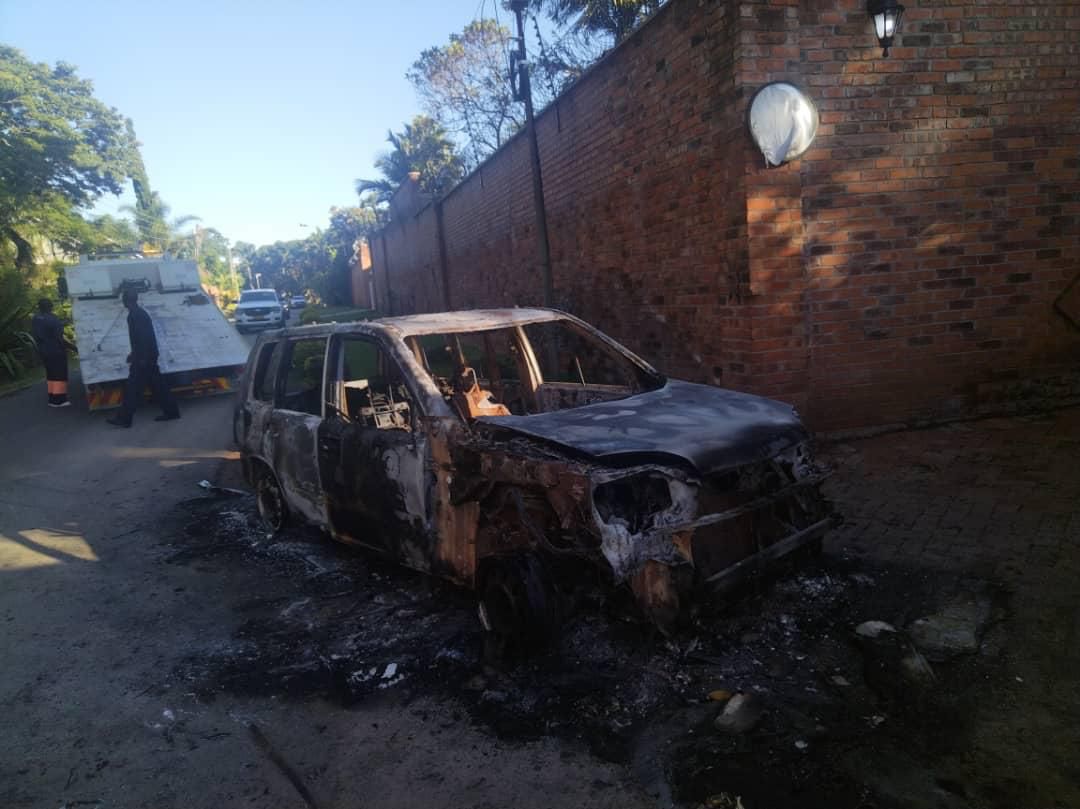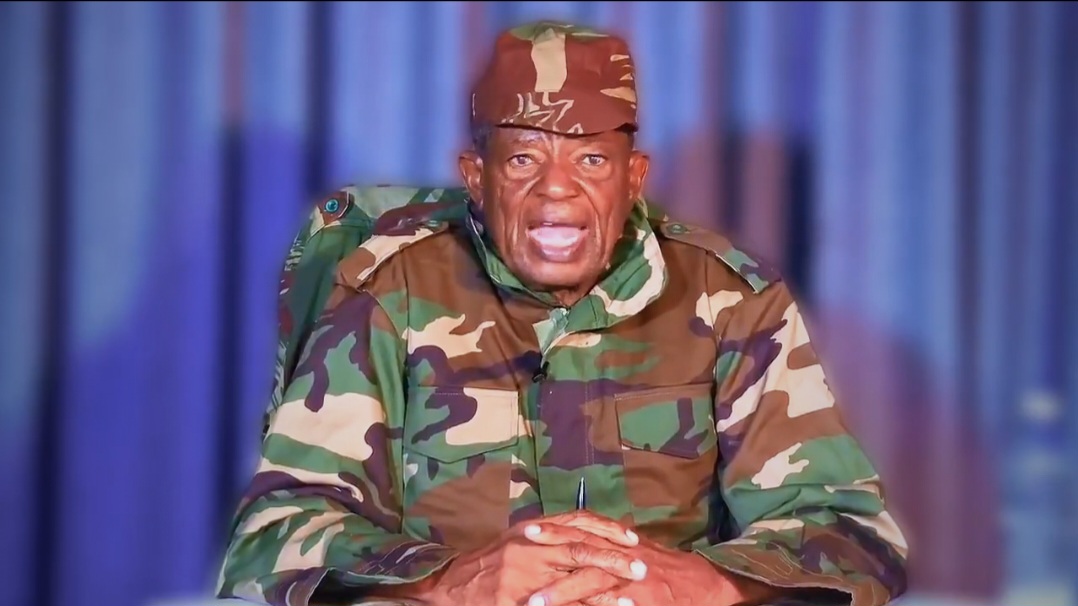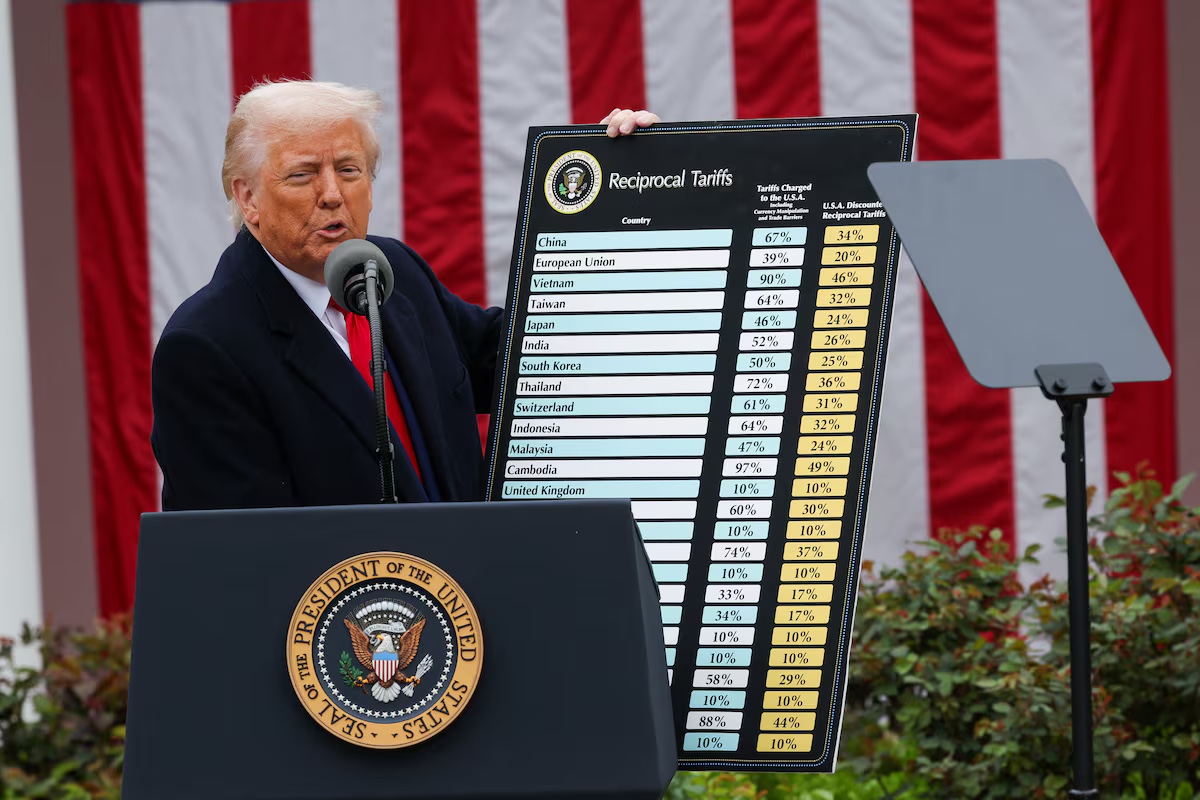HARARE – The curtain finally comes down on the 2023 tobacco marketing season after nearly four months of record sales with the official closing ceremony now set for 31 July.
In a statement on Monday, the Tobacco Industry and Marketing Board (TIMB) said final mop-up sales for the auction system would take place on August 30.
“After consultations with all stakeholders, the Board wishes to advise that the official date of closure for the 2023 auction floors is 31 July.
“However, growers will still be able to sell their auction tobacco through a mop-up sale. The final auction clean-up sales will be held on Wednesday 30 August 2023,” it said.
The board however said selling of tobacco via the contract system would continue.
“Contract sales will continue to operate until such a time when individual contractors have fully received all their tobacco.
“The closure was approved by the Minister of Lands, Agriculture, Fisheries, Water and Rural Development, Honourable Dr Anxious Jongwe Masuka,” said TIMB.
According to statistics released by the board on day 92 of sale, a total of 291.1 million kg of tobacco worth US$882.2 million had been sold at an average price of $3.03 per kilogramme.
Of the total volume of tobacco sold to date, 271.2 million kg were sold via the contract system while the remainder went under the hammer.
The record output of tobacco is a result of good rains and also because more farmers planted the crop.
Critics say the farmers are not benefitting as they should from Zimbabwe’s tobacco boom, largely because of a contract system that locks them into unfavourable loans and prices, often with Chinese companies operating under the state-owned China National Tobacco Corporation, the largest cigarette maker in the world.
Under the contract system, China National Tobacco Corporation and its subsidiaries loan seeds, fertilisers, food and money to the Zimbabwean farmers.
The farmers, in turn, are obligated to sell their tobacco crop to those firms or their agents, who generally fix the price, although a regulatory body in Zimbabwe does provide a price guide.
At least 98 percent of the locally produced tobacco is, however, exported in semi-processed form and calls are growing for value to be added to the crop.

